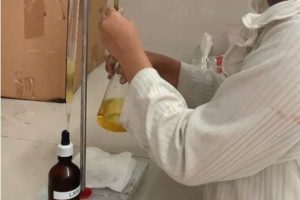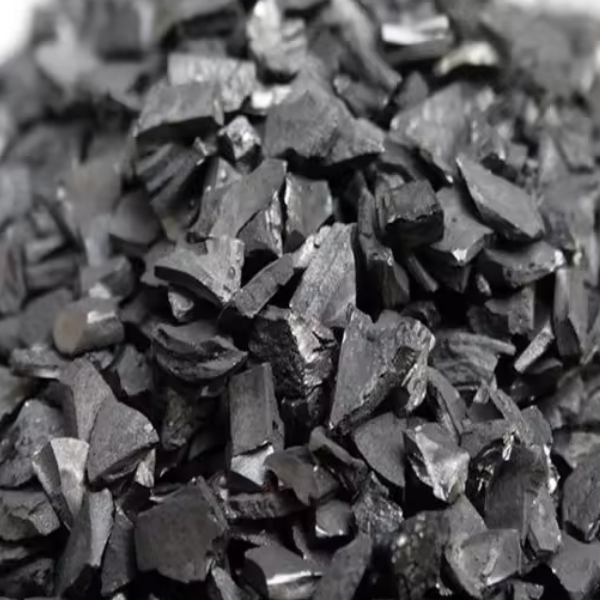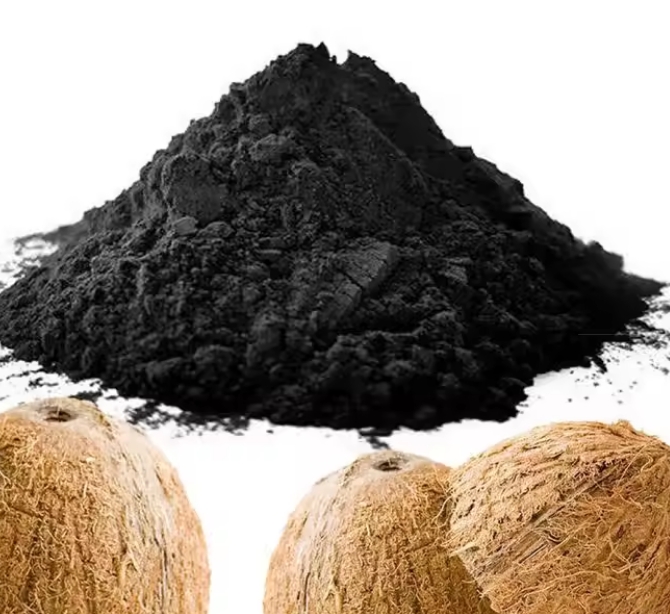In the production and sales process of coconut shell activated carbon, the following testing standards are mainly used: GB (China National Standard), ASTM (American Society for Testing and Materials), JIS (Japanese Industrial Standard) and AWWA (American Water Works Association) and some related industry standards. These standards basically include methods for evaluating and testing the quality of activated carbon with various uses and properties.

GB (National Standard of the People’s Republic of China) is divided into two testing standards according to the different raw materials: coal-based granular activated carbon test method and wood-based activated carbon test method. The two testing standards have formulated corresponding testing items according to their different uses, properties and characteristics. Coal-based activated carbon is basically granular carbon, which is mainly used in the fields of gas phase adsorption and liquid phase adsorption. Its testing items are also formulated around these uses, including relevant testing methods for the physical properties, adsorption properties and surface structure of activated carbon. The vast majority of wood-based activated carbon is granular carbon and powdered carbon, which are mainly used for liquid phase decolorization. In addition to conventional testing items, there are also methods for detecting the content of metals and compounds in activated carbon.
The ASTM (American Society for Testing and Materials) test method can be used as a global activated carbon test standard. The test items and methods it has developed are also very detailed. Among them, the standard method of determining the adsorption capacity of activated carbon using the liquid phase isotherm method is the most basic method for removing impurities such as pollutants and surfactants from water. In addition, the ASTM standard also includes the determination method of activated carbon water-soluble substances and the detection method of activated carbon butane activity and working capacity.
The JIS (Japanese Industrial Standards) test method uses the JIS K1474 (1999) version. The Japanese standard was originally divided into “Test method for powdered activated carbon” and “Test method for granular activated carbon”, but was merged and unified in 1991 and revised in the form of JIS K 1474 Activated Carbon Test Method.
AWWA (American Water Works Association) powdered and granular activated carbon standards: These two standards are also national standards approved by the American National Standards Institute and came into effect in 1991. They are mainly for the detection of activated carbon for water treatment.
Different inspection standards have slightly different inspection methods and different inspection results. In the sales process of coconut shell activated carbon, different countries’ inspection standards and methods are used for different customers and applications of coconut shell activated carbon to ensure that coconut shell activated carbon meets the procurement standards and actual use.



